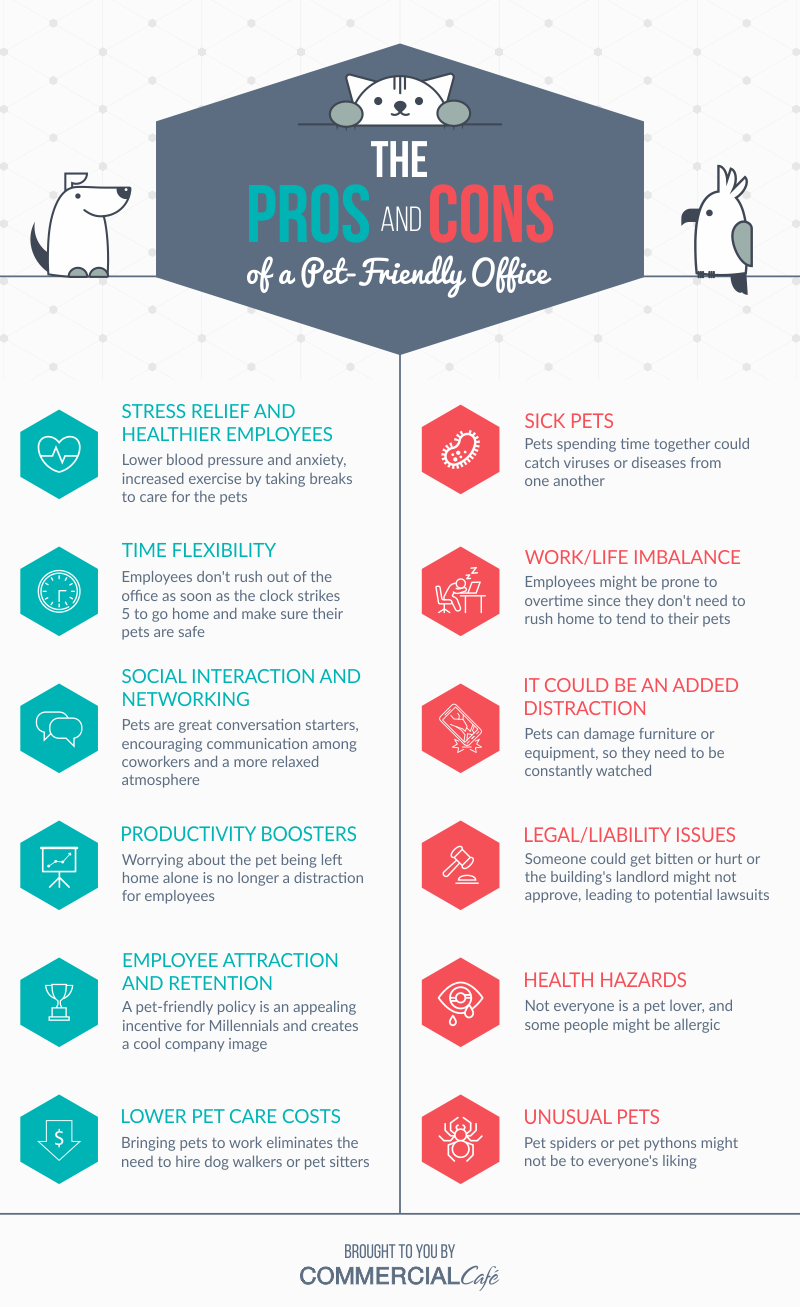By Ioana Neamt, author at Commercial Cafe.
The traditional workplace, career trajectory and employees’ overall attitude towards work have changed dramatically over the past years, and we have Millennials to thank for that. We can also thank Millennials for forcing companies to change the way they approach the subject of employee satisfaction–this controversial generation has come to shape the look and feel of the modern office, as well as help widen the work benefits pool.
Rethinking the Work/Life Balance, According to Millennials
Younger generations have different life goals and paths compared with their parents or grandparents: they are getting married and having children much later in life, and sometimes they don’t do that at all; they yearn for a better life/work balance than their predecessors, and have a different take on what constitutes success in one’s professional career (Millennials don’t stick around in a job that doesn’t offer satisfaction, and are not afraid to change jobs frequently until they find out what suits them best). Consequently, young professionals also seek out much more diverse work perks and benefits, such as flexible hours, modern office aesthetics, state-of-the-art technology and equipment, natural lighting and flexibility while in the office (the possibility to work in pods, nooks or quiet areas to boost productivity), free snacks, lunches and coffee, gym memberships, and so on.
A relatively recent addition to the ever-growing list of desirable work perks nowadays is a pet-friendly office policy. Depending, of course, on local regulations and landlord approval, some companies offer employees the option of bringing their beloved pets to work–a work perk that is highly sought after by Millennials. Since this generation tends to delay parenthood or choose to not have children at all, some people think of their pets as family, and a company that embraces a pet-friendly office policy will have a much better chance at employee attraction and retention.
When Flexible Minds Meet Flexible Office Spaces
If we’re going to tackle the subject of desirable office perks for employees, then we also need to address the latest trend to take over the office landscape realm. Over the past decade or so, coworking has become the talk of the town, putting companies like WeWork and Regus on the map and forever altering the way employers now operate their businesses. According to Statista, the number of worldwide coworking spaces has gone from just 3 in 2005 to 15,500 in 2017; this year, that number is projected to grow 22% more, to 18,900. In the U.S., the number of coworking spaces rose from 14 in 2007 to 4,043 in 2017–a staggering 29,779% in 10 years. Statista estimates that this number will reach 6,219 four years from now, a 54% growth from 2018 to 2022. This goes to show just how widespread the coworking trend has become, both within and outside American soil.
So, Millennials want both flexible work options and diverse, fun benefits, such as pet-friendly offices. Combine the two and you’ll be able to attract top talent–and keep it. As coworking in itself is a modern, flexible and ‘open’ type of office setup, it’s no wonder that businesses operating in such a setting also offer the option of bringing your furry life companion to work with you. But how does a pet-friendly policy affect productivity and wellbeing at work–if at all, and is it worth making the effort to provide this perk for your employees?

Check Out 50+ of the Most Pet-Friendly Coworking Spots in the US
Let’s say you’re currently on the job hunt and are in the process of figuring out what you want from your future job and what you don’t. Or maybe you’ve had enough of the constant hum and clatter of your open office and are looking for an alternative and more flexible work environment. Perhaps you’re one of the lucky ones who works from home but now want to separate your work from your personal life and find an office where you can really get down to business, without distractions. Now, let’s also say you have a new furry friend (or we just convinced you to get one) and you worry about leaving it home alone while you’re at work–I know I do. If that’s the case, then you might want to consider hopping on the bandwagon and embracing the coworking trend.
Because we all feel bad leaving our feline, canine, vulpine or ovine (we don’t discriminate) companions behind every morning, we thought’d we’d help out and compile a comprehensive list of the pet-friendliest coworking spaces in the U.S., so you and your beloved pet can spend more time together. We scoured the entire country to give you as many options as possible, and ended up with a selection of over 50 locations, spread across more than 25 states (the list is non-exhaustive and likely to grow). Grab a cup of coffee and your furry companion and browse through our selection of pet-friendly coworking hubs. Here they are, in no particular order:
As we were researching the coworking hubs on our list, we noticed most of them are ‘dog friendly.’ For instance, Strongbox West in Atlanta declare: ‘We are dog friendly. VERY dog friendly;’ The Yard, which operate in both New York City and Philadelphia, say: ‘Pups welcome. Our location is pet friendly so you can work with your best friend‘ (and who wouldn’t want that?); some of these hubs are so dog-friendly they even put it in their name–like Kleverdog Coworking in Los Angeles. However, you might want to go over some etiquette rules with your pup before you bring it to work with you. Think Tank, which has locations in Portland, Yarmouth and Biddeford, Maine, allows dogs and children in their offices ‘so long as they are well behaved, tended to and not allowed to distract the others,’ The POND Coworking in Bellingham, Wash., boast a ‘Pet friendly environment–well behaved dogs welcome!‘, while ‘Well behaved, healthy dogs are allowed at HuntsvilleWest‘ in Huntsville, Ala.

If you’re starting to feel like dogs are getting all the attention, know that there’s a reason for that. Most coworking hubs, or public places in general, advertise a dog-friendly policy, for the simple reason that dogs are the most popular pets in the U.S. While cats are also incredibly popular, they don’t tend to react too well to changing environments, as they are quite territorial and don’t like to be taken away from their homes and familiar surroundings. Other types of pets are just too difficult to carry around–it’d be logistically troublesome to try to bring your horse into the office, and you might clear out the place entirely if you came in with a tarantula or a pet python. Even so, most coworking spaces don’t discriminate, and leave it up to you to use your judgement before bringing your pet to the office. Spark Baltimore pride themselves by being ‘among the eight percent of businesses that now welcome pets in the workplace,’ The Farm SoHo in New York City are ‘Pet friendly (People too),’ while Hygge Coworking in Charlotte allow you to bring in your pets, ‘as long as your furry counterparts are well-behaved and friendly.’ WeWork, which operates a large number of locations all across the U.S., has different pet policies depending on the location, but most of them are indeed pet-friendly–the company’s Chinatown and Wonder Bread spaces in New York City are good examples.
Now you have plenty of pet-friendly and work-friendly locations to choose from, however, the list is not exhaustive. If you still haven’t found what you’re looking for and pet-friendliness is not crucial to you (not everyone is a pet lover or wants that kind of responsibility, and there’s nothing wrong with that), then maybe you’d like to browse the rest of our freelancer-friendly coworking suggestions. If, on the other hand, your company provides coworking services and you think it’d be a great addition to our list, feel free to drop us an email and we’ll update our database. Happy coworking!
Originally published on the Commercial Cafe blog.


